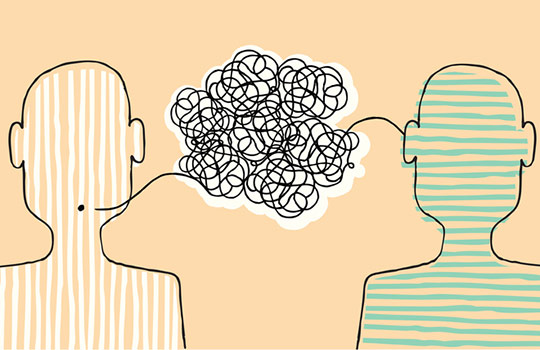“We’ve had a new admission into bed 3” “Great, I’ll be right there, what’s wrong with them?” “He’s got multiorgan failure but was intubated mainly for respiratory failure” “Ah ok, what’s wrong with him?” “ARDS” “Caused by what?” “Sepsis I think” “From what?” “Pneumonia” “What type?” “Um . . .” “Don’t worry, let’s see him […]
Matt Morgan: Sin-drome—the phenomenon of missing-diagnosis








